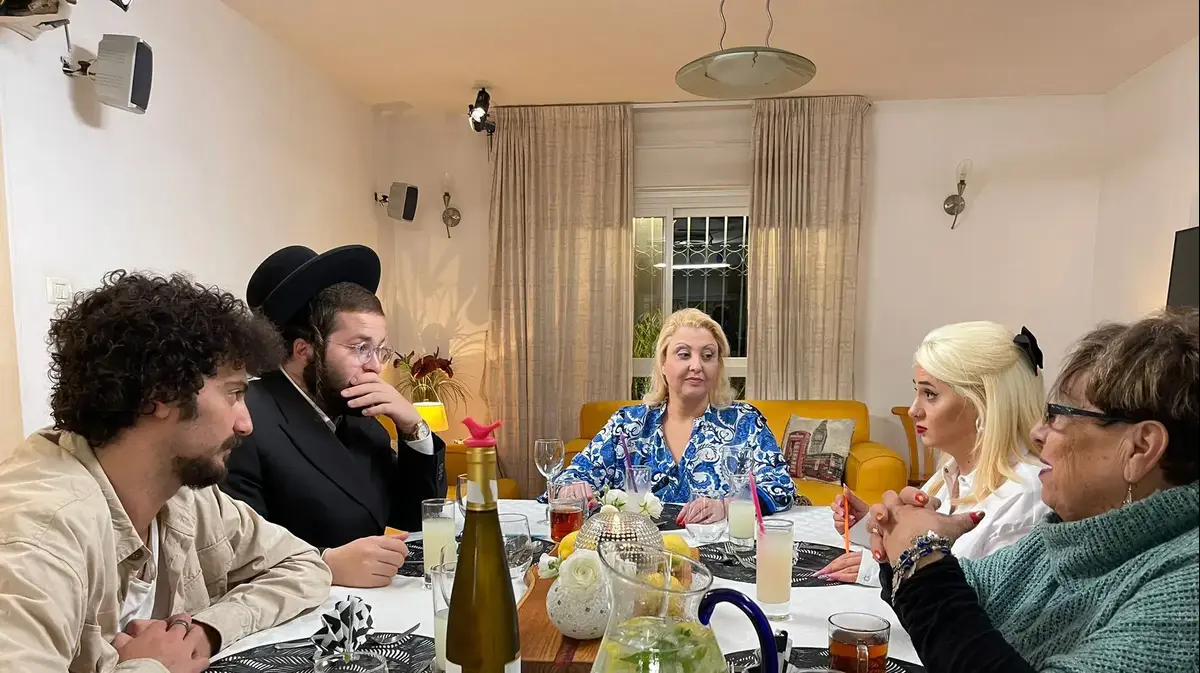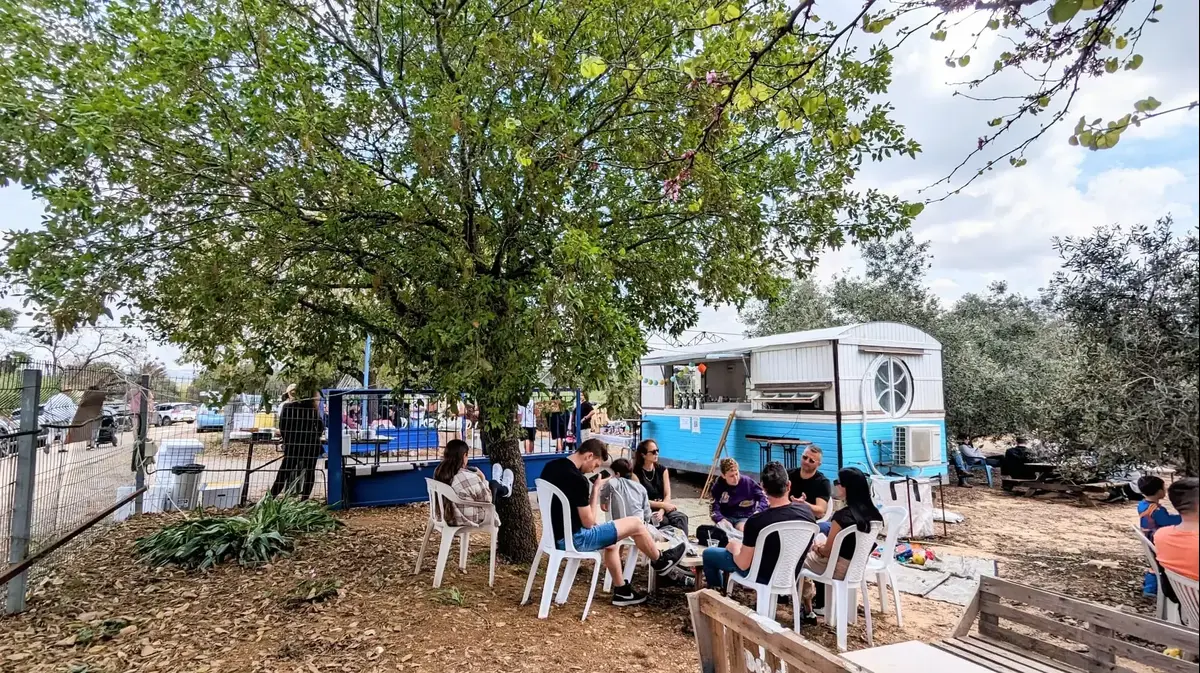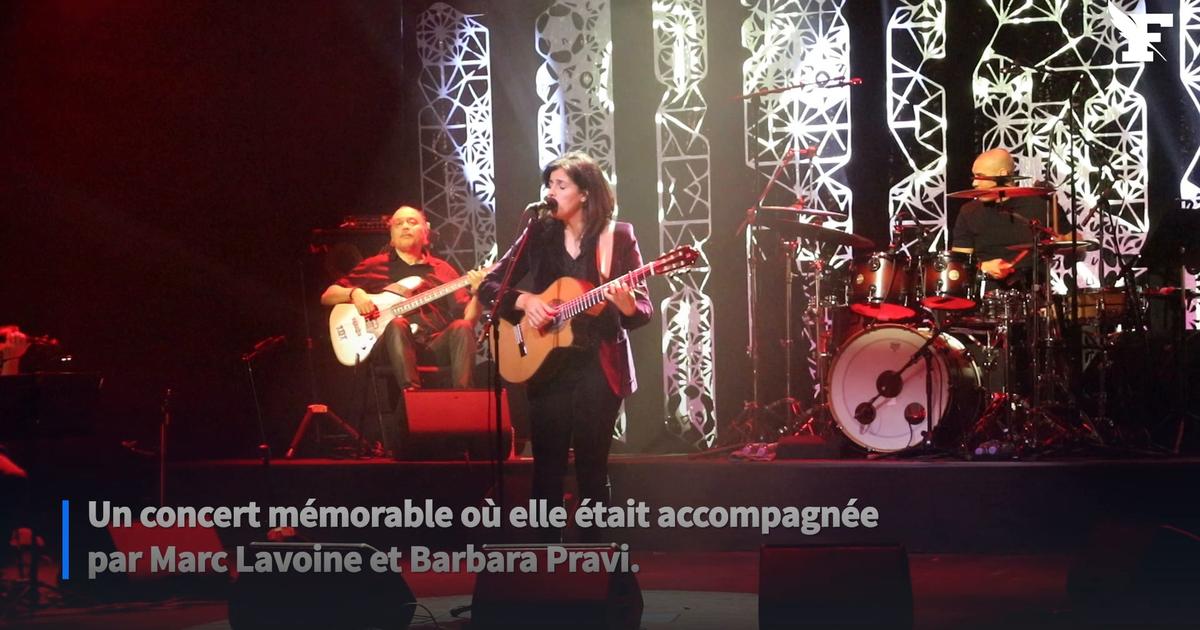“
Wallah is the hess
”.
Alas, Arthur throws his phone on his bed.
With an energetic gesture, he takes his smartphone again, opens a WhatsApp conversation, "
big khapta tonight, it's me who khallass
".
When asked what he means, he replies with a shrug of the shoulders, “well
, the hess is being in the shit
” - “
annoyed
”, shall we say.
And "
the khapta is the party
", "
khallasser, that means to pay
".
In other words, Arthur is pissed off and offers his friends a night out.
Read also "Agile leadership", "human capital": welcome to the wonderful vocabulary of the Start-up Nation
But where do these words come from?
"
It's Arabic, I think,
" tries the young Dijonnais, who has never lived in Algeria, Morocco or Tunisia.
“
That's how we speak, it's the language of today's young people.
Like him, Bertille, 20, uses it frequently.
“
Khapta, I use it bullet,
” she admits
.
Be careful too, be careful.
She too has trod the soil of bourgeois establishments more than Maghrebian soil.
How did the Arabic language, spoken more in the “
neighborhoods
”, come to the bourgeois table?
This article is for subscribers only.
You have 82% left to discover.
To cultivate one's freedom is to cultivate one's curiosity.
Continue reading your article for € 1 the first month
I ENJOY IT
Already subscribed?
Log in







/cloudfront-eu-central-1.images.arcpublishing.com/prisa/INU3EC6I6VF6NEMPKWATA22NNA.jpg)

